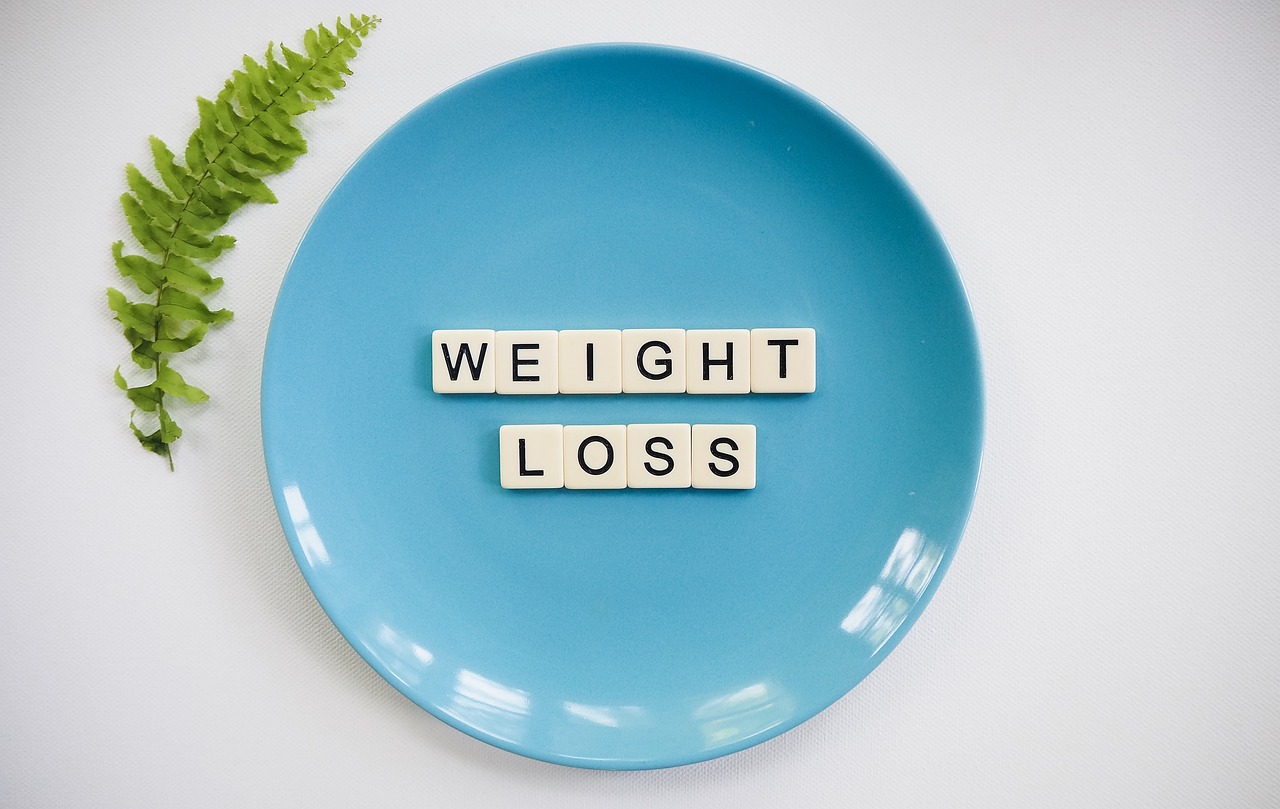It won’t be long before more people will be asking, “what is nutrigenomics?”
Nutrigenomics combines science, medicine, and nutrition to study the connection between food and genes. It examines how a person’s genes react to certain foods and assesses their risk of developing a chronic or serious illness. It is used to improve health through a personalized approach to diet and can also help manage disease symptoms.
Nutrigenomics looks at how food and genes interact to affect personal health

Photo: PublicDomainPictures/Pixabay
The concept has been around for years. It took off after researchers feasted (pardon the pun) on data from the Human Genome Project (HGP) that spurred pharmacogenetic investigation as well.
It’s easy to confuse nutrigenomics with nutrigenetics, a similar field that looks specifically at how nutrients influence genetic activity. Nutrigenomics takes a broader look at the overall impact of nutrition on genetic activity. The two are often studied together.
In Nutrigenomics, Food and Genes Affect Everything!
HGP, which was completed in 2003, influenced the way scientists, physicians, and researchers see the link between health and nutrition. What we eat affects our genetic makeup. This also works in reverse – our genetic makeup determines how we react to different foods.
It was already well-known that food allergies and sensitivities tend to be inherited, just as certain diseases are genetic. Nutrigenomics shows how a person’s diet can affect the way their genes behave. Certain foods can enhance or harm them and cause a change in genetic activity that affects a person’s health for better or worse.
Benefits of Adding Nutrigenomics to Medical Practices
Why do people visit a doctor? A 2018 (and pre-COVID-19) study by the National Center for Health Statistics found that treating a chronic illness was the #1 reason, cited by 40% of all patients.
Nutrigenetic testing gives doctors and patients more information about how to manage this and improve health. Patients living with chronic diseases or serious illnesses can improve their outcomes when they know which foods benefit them most and which ones could actively harm them. (Just because a food doesn’t trigger an allergy doesn’t mean it’s actually good for you!)
Similarly, patients trying to gain or maintain weight – a key issue in chemotherapy treatment – would only eat what they know will help.

Photo: stevepb/Pixabay
Patients who are trying to lose weight can avoid yo-yo dieting – which can harm physical and mental health – when they are told ahead of time what diets are more likely to help. Some will do better with a keto diet, while a vegetarian or vegan one helps others. It’s all in a person’s genetic makeup.
Wouldn’t it be great to know that the food you select is truly good for you? Regardless of whether you’re living with a chronic disease or want to lose weight, access to this information can improve the quality of your life. There’s nothing feeling empowered and in control of your body.
Where Can I Get Nutrigenomic Testing?
Care GenomiX offers personalized consulting services for your need. Contact us to order your pharmacogemoics or nutriogenomics test. Having hard time managing your medications? We are here to help managing your medications with our comprehensive medication management service.


